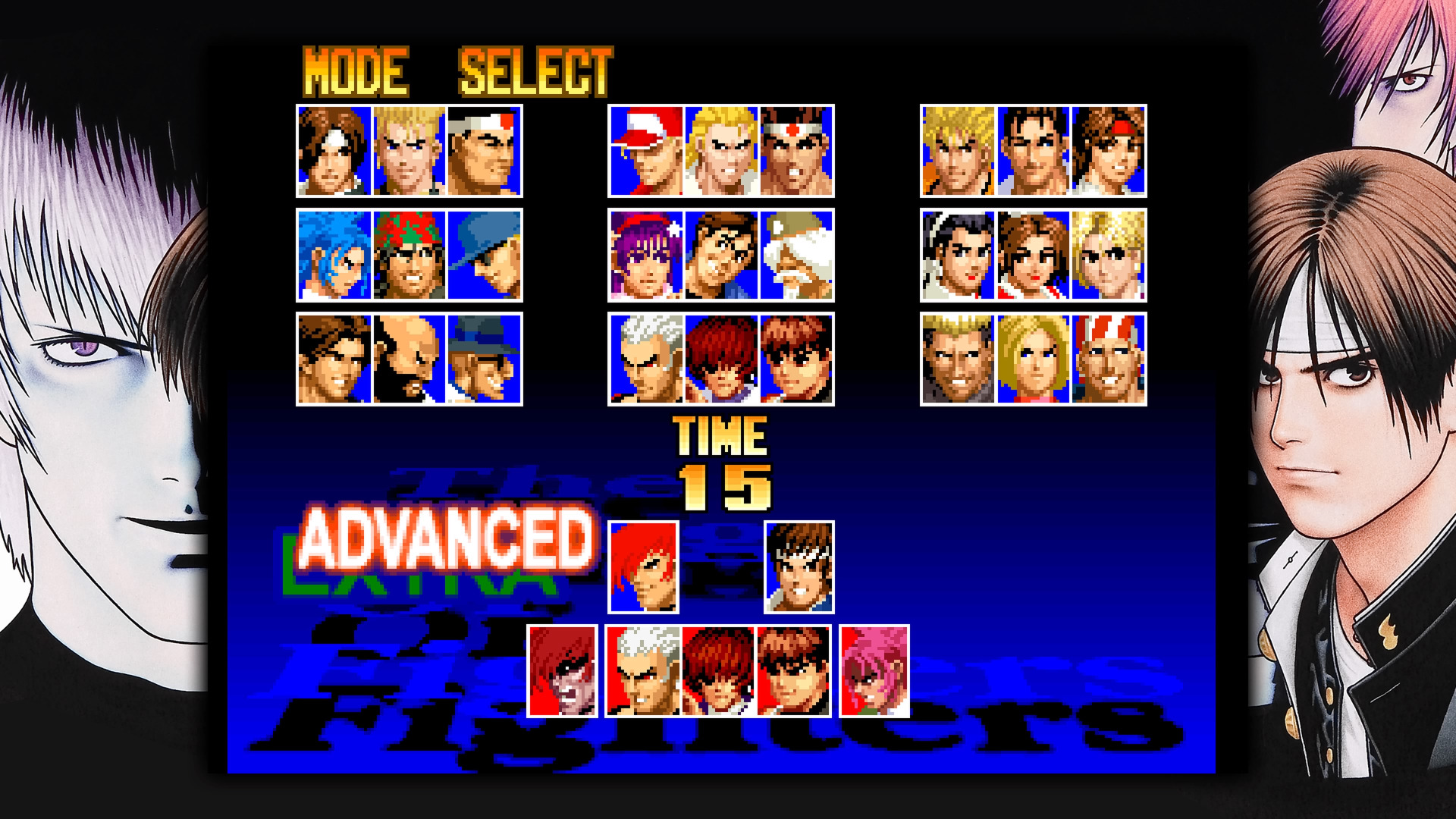
Payouts from the $375 million settlement of the first UFC antitrust lawsuit, initially filed in 2014, are anticipated to begin in the near future.
This lawsuit, brought forward by fighters such as Cung Le and Nate Quarry, covered athletes who competed in the UFC between 2010 and 2017. The settlement received approval from Judge Richard Boulware in the United States District Court for Nevada in February of the past year. The law firm representing the fighters, Berger Montague, which is also involved in three other ongoing court cases, recently disclosed that “over 97 percent of the approximately 1100 class members submitted timely claims” to receive funds from the settlement.
This high claim rate accounts for an estimated “99 percent of the total compensation earned by these UFC fighters during the relevant period.”
While the exact payout amount varies for each fighter, the law firm stated that the average distribution is approximately $250,000.
According to a statement from Berger Montague, projections indicate that 35 fighters could net over $1 million, nearly 100 fighters over $500,000, more than 200 fighters over $250,000, and over 500 fighters could receive in excess of $100,000.
Eric Cramer, the lead attorney for the fighters, commented on the outcome: “These claims rates are unprecedented in class action litigation even in the best of circumstances. It is particularly rewarding to see the level of participation after our 10 battle for economic justice for the fighters.”
Berger Montague expressed significant pride in these results and was grateful for the widespread participation among fighters globally, including those from the U.S., Brazil, Canada, Japan, Russia, Latin America, and many other regions.
While this initial settlement addresses fighters from the 2010-2017 period, a separate antitrust lawsuit led by athletes like Kajan Johnson covers competitors from 2017 to the present. That ongoing lawsuit seeks both financial damages and injunctive relief, aiming to potentially alter the UFC’s current business practices.
Additionally, more recent antitrust lawsuits filed by fighters Misha Cirkunov and Phil Davis, respectively, aim to represent fighters who signed contracts containing arbitration clauses and class action waivers. The lawsuit spearheaded by Phil Davis specifically focuses on numerous changes to current UFC contracts and operational methods, seeking only injunctive relief rather than monetary damages.
Phil Davis previously elaborated on his reasons for initiating his antitrust lawsuit.
He stated, “The truth of the matter is, I don’t do this for fun. My ability to fight against the best people in the world has been inhibited. I can’t do that outside of the UFC. That’s a real miscarriage of justice.”
Davis clarified his motivations: “I’m not seeking any damage and I’m not seeking financial compensation of any kind. I haven’t been promised anything. All I want is the ability to fight the best and I want that not just for myself but for every other person who is competing. You have the opportunity to fight the best in the world. If you’re at that level, I want you to fight the best in the world. Why would I not want that for you? I want that for me.”
Although a precise schedule for the payouts from the first UFC antitrust lawsuit settlement has not yet been finalized, it is expected that funds will begin to be distributed within the next few months.











